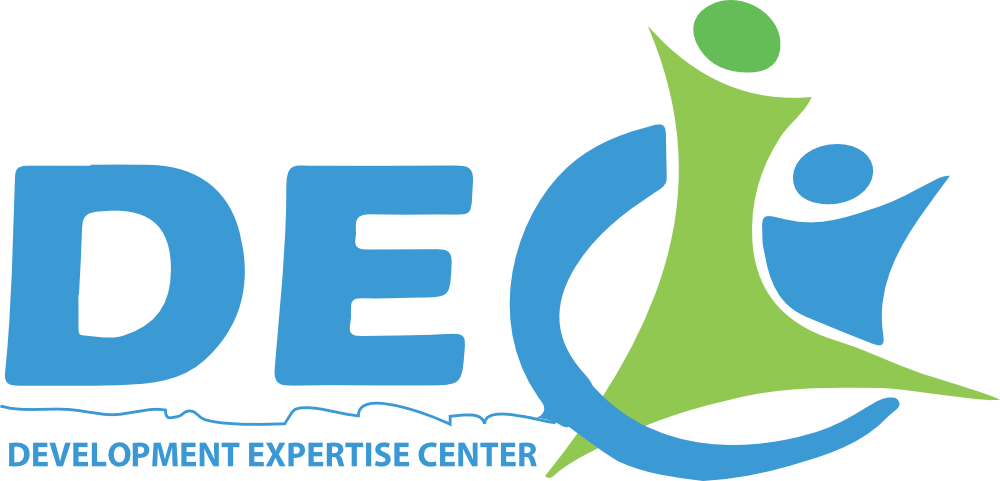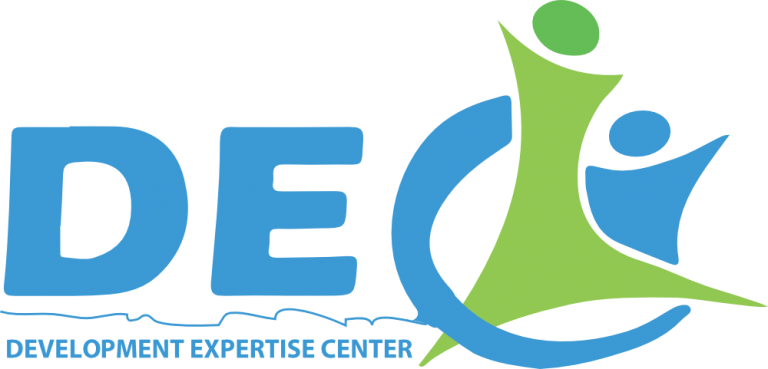Giving for Change
Project Background
The Giving for Change (GfC) project is a five years project (2021-2025) which is focused on enhancing freedom of speech by amplifying community voices claiming their rights towards power-holders through domestic recourse mobilization and community philanthropy, with the support of National state and societal actors in Ethiopia. The project is funded by the Dutch Ministry of Foreign Affairs and implemented by the Ethiopia GfC Consortium partners namely Development Expertise Center (DEC), Consortium of Self-Help Group Approach Promotor (CoSAP) and Consortium of Ethiopian Human Rights organization (CEHRO).
Objectives of the Project
The overall objective of the project is to enhance freedom of speech (both as a means and an end) by amplifying community voices claiming their rights towards power-holders through community philanthropy, with the support of other state and societal actors. There are three specific objectives/domains of the project: 1). Giving for Change project aims to unlock the collective power of local communities, represented by Civil Society Actors (CSAs) to express their opinion through community philanthropy CSAs: community organisations, movements, informal groups and human rights defenders). 2). Giving for Change project influences in-country national state and societal actors (government, emerging philanthropists, individual donors) to support community philanthropy by creating favourable conditions to promote the power of local philanthropic giving as a form and driver of expression of opinion. 3). Giving for Change challenges and changes the existing practices of international foundations, INGOs and bi- and multilateral donors in working with southern CSAs. technical expertise roles.
Scope of the project
The Giving for change project promotes freedom of expression and voice through community philanthropy and domestic resource mobilization: people pooling their resources and donating money, time or in-kind contributions as expressions of their opinion (i.e. giving as a political act). Our proposition also includes building bridges between community actors and organizations and Human Rights Organizations, lobbying for a more enabling environment for local giving at national level and challenging and changing the existing practices of international development actors / donors
Beneficiaries of the Project
The project targeted to benefit 20,160 (50% female) rural women organized in self – help groups, youth groups, small-scale farmers, worker associations in the industry, Internal displaced peoples (IDPs), People with Disabilities (PWDs), CBOs and CSOs. Initially, these target groups will be brought together in peer community of practice (CoPs), but during the course of the program they will be brought together to learn from each other and strengthen their links.
Areas of Intervention
The implementation area of the Giving for change project is five district of three Oromia regional state zones; East Shewa Zone: Adama, Liben Chukala and Ziway; Buno Bedele Zone: Bedele woreda; Oromia Special Zone: Holeta town, and two districts of west Gojam zone of Amhara National Regional state: Bahir dar Zuria woreda and Kunzila town of Semen Achefer woreda. The Most industries in these geographical areas are not operate as per the Ethiopia social accountability law. Due to this; Community members become investment victims such as environmental pollutions, landlessness and exposes for social, economic and political problems. As a result, these practice erodes the freedom of speech of community members and become source of conflicts and social unrests.
Successful in providing Comprehensive Sexual Education(CSE) at School level
Implementation Strategies of the Project
Giving for change will be implemented based on three strategies. The first strategy focuses on unlocking the collective power of CSAs, which the consortium member will implement the designed activities of the project, targeting various Civil Society Actors (CSAs), Community of Practices (CoPs) and state actors. These targets will be capacitated and supported to conduct lobby and advocate state duty bearer and international donners; to influence and change the existing practices of donation and power dynamism.
The second strategy is influencing the government bodies, which are actors and power holders in the engagement of CSAs /CoPs. It is fact that, the government has responsibility to facilitate changes and support CSAs. Accordingly, using evidence-based lobby and advocacy activities, the government will be empowered to shift the existing practice of power dynamism between local CSA and international donor organizations in the way that it promotes the freedom of voices of the local communities. The third strategy targets International development donors to change their funding practices; The current communities’ development needs prioritizations and funding practices ignore the voice and development agendas of the local communities. The project creates an evidence-based lobby stage for the CSAs /CoPs to lobby the international donors to value the community’s contribution to their prioritized development needs and exercise their freedom of speech. So, international donating organization will understand their apparent negative consequences like repressing the voices of the local community and the government also enforces the new CSO law implementations that promotes CSAs engagement and ownerships.

